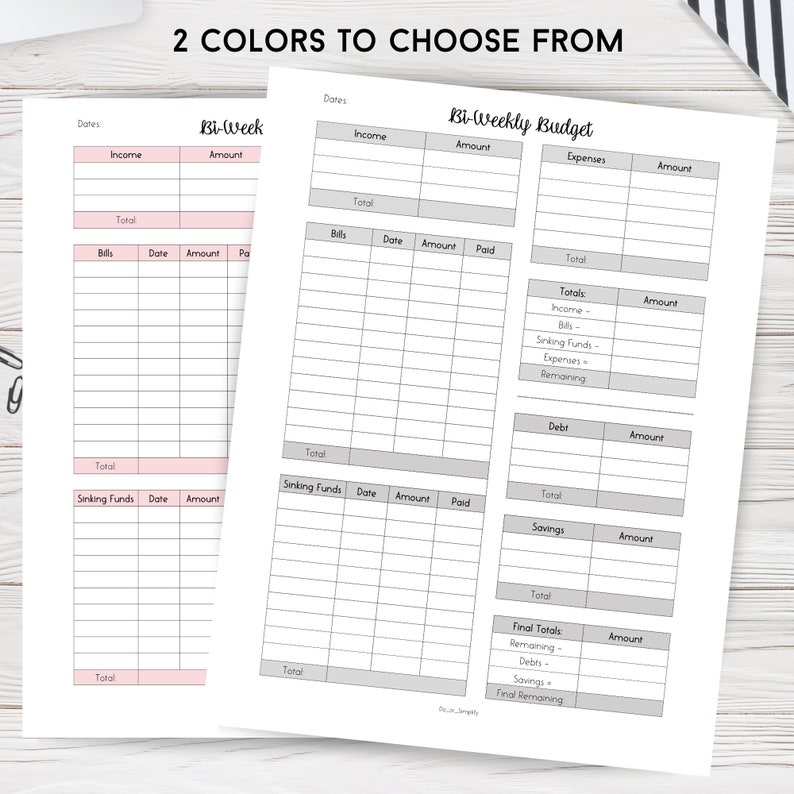

Your budget needs to work for you and your lifestyle so it's important to adjust your budget as things change.įor example, if your expenses start to increase you may need to reduce your spending, or change your savings goal. Even a small amount set aside regularly will make a difference. Having some savings can create a safety net for unexpected expenses. Once you know how much money you have for 'wants', you can work out how much of it you'd like to save.

If you have a savings goal you can use your budget to work towards it. This will help you to see where it goes and keep within your spending limit. Make a plan for what you want to do with your spending money. Your spending money is for 'wants', such as entertainment, eating out and hobbies. The money you have left after expenses is your spending and saving money. If you tracked your spending, use your list of transactions. Include what the expense is for, how much and when you pay it. To make sure you've recorded all your expenses, look at your bills or bank statements. You can save it and make changes as needed when you.

family costs, like baby products, child care, school fees and sporting activities The tool will calculate your figures and show income and expenditure in weekly, monthly and yearly amounts.The second is a multi-week budget planner that can help you analyze and plan for future expenses and cash flows.
#WEEKLY BUDGET PLANNER REGISTRATION#
transport costs, like car registration or public transport The first template is a weekly money manager that allows you to track accounts and record transactions and compare your spending to your budget (all in a single worksheet).household expenses, like food and groceries.Regular expenses are your 'needs' - the essential items you need to pay for to live. This money could be from your wages, pension, government benefit or payment, or income from investments. how often (weekly, fortnightly, monthly or yearly).Make a list of all the money coming in, including: If you don't have a regular amount of income, work out an average amount. a weekly or bi-weekly paycheck, then introducing them to paycheck budgeting could be helpful. Record how much money is coming in and when. I round up the best (free) budget planners for teenager. For example, if you get paid weekly, set up a weekly budget. Use how often you get paid as the timeframe for your budget. You can put aside money for bills and expenses and set up a plan to reach your financial goals.įollow these steps to get started. Having a budget helps you see where your money is going.


 0 kommentar(er)
0 kommentar(er)
